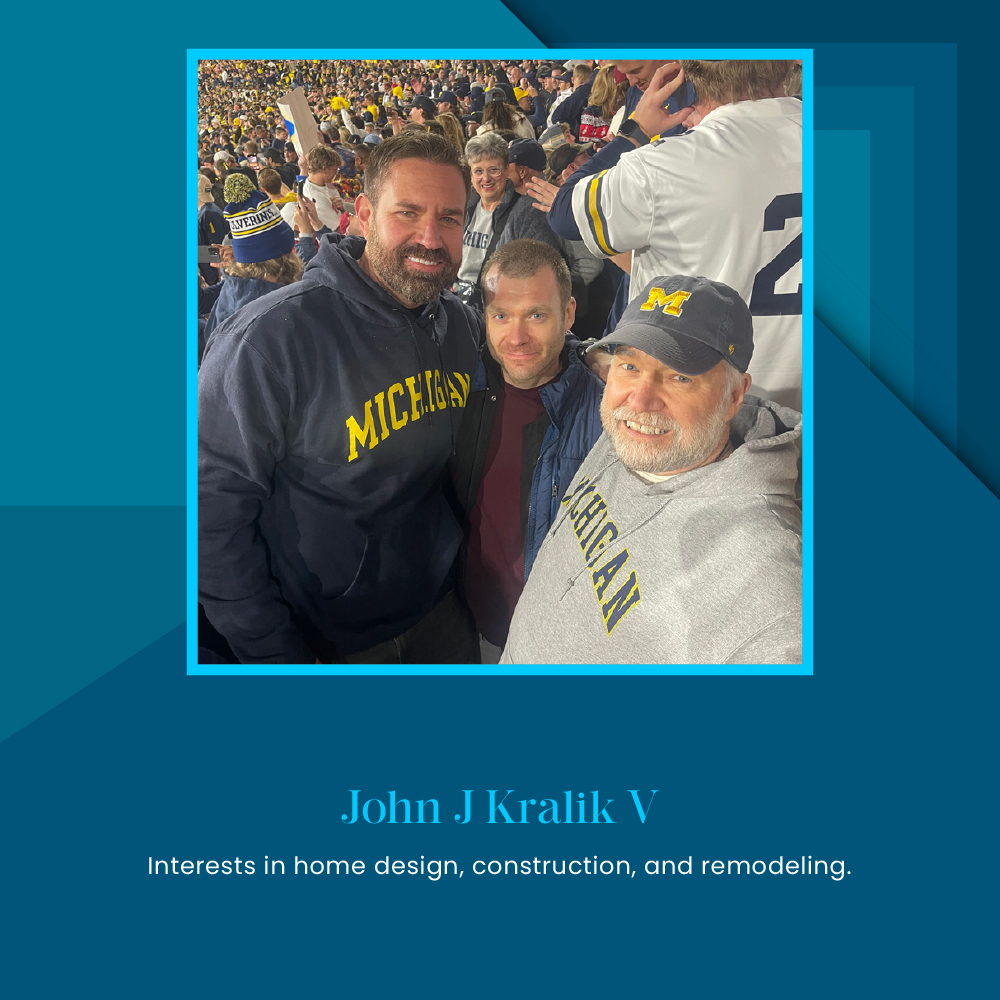
Inflation plays a significant role in shaping the economy, particularly in determining mortgage rates. As inflation declines, mortgage rates follow suit, providing a more favorable environment for homebuyers. In recent months, a steady drop in inflation has led experts to predict that mortgage rates will continue downward. This correlation is primarily because lenders adjust interest rates to protect themselves from inflationary pressures, ensuring their returns aren’t diminished over time.
Lower inflation reduces the need for lenders to compensate for eroding purchasing power, ultimately leading to lower borrowing costs. Consequently, consumers benefit from more affordable mortgage options, which can encourage homebuying activity. The interaction between these economic forces creates a ripple effect across the housing market, helping boost demand and driving home prices upward in the longer term.
Mortgage Rate Projections for the Coming Months
The outlook for mortgage rates appears promising as inflation remains under control. Economists are forecasting further declines in mortgage rates in the months ahead, especially if inflation continues to trend downward. This projection is fueled by factors, including central banks’ policies to control inflation and broader economic improvements. For borrowers, this signals an opportunity to lock in lower rates, particularly for long-term fixed-rate mortgages, which can save them substantial amounts over their loans.
In addition to lower inflation, central banks such as the Federal Reserve may adjust their monetary policies to reduce borrowing costs further. The Federal Reserve has already indicated a more cautious approach to raising interest rates, which could also contribute to declining mortgage rates. For potential homebuyers, this means that the near future might be an ideal time to consider entering the housing market or refinancing an existing mortgage.
Impact on Homebuyers and the Real Estate Market
For prospective homebuyers, declining mortgage rates offer a financial advantage. Lower interest rates mean lower monthly payments, making homeownership more attainable for a broader audience. This shift can stimulate demand in the housing market, as individuals who were previously priced out due to high mortgage rates may now be able to afford a home. Moreover, those already in the market have more purchasing power, allowing them to explore larger or more expensive properties.
Conversely, increased home demand could increase property prices, particularly in competitive markets. While this may benefit sellers, buyers must act quickly to take advantage of lower mortgage rates before home prices rise significantly. The real estate market tends to respond rapidly to changes in borrowing costs, making timing a crucial factor for homebuyers looking to maximize their investments.
Refinancing Opportunities for Homeowners
Current homeowners also stand to benefit from the ongoing decline in mortgage rates. As rates drop, refinancing becomes an attractive option for those looking to reduce their monthly payments or shorten the term of their loans. Lower rates can offer homeowners the chance to refinance at more favorable terms, potentially saving thousands of dollars over the life of their mortgage. However, homeowners need to weigh the costs and benefits of refinancing, as the fees associated with the process can sometimes offset the savings.
They are refinancing opportunities beyond lowering monthly payments. Some homeowners with inflation under control may invest their home’s equity in financing home improvements or other expenses. This can be particularly advantageous in a low-interest-rate environment, as it allows homeowners to borrow against their property at a lower cost, thereby maintaining liquidity without taking on high-interest debt.
Long-Term Economic Implications
The broader economic implications of declining inflation and mortgage rates extend beyond the housing market. Lower mortgage rates can stimulate economic growth by boosting consumer spending. When homeowners pay lower monthly payments, they often have more disposable income, which they can spend on goods and services, further strengthening the economy. Additionally, the construction industry may experience increased demand as more individuals seek to build new homes or invest in renovations, contributing to job growth and economic activity.
However, it’s crucial to consider the potential downsides to sustained low inflation and interest rates. While beneficial for borrowers, prolonged low rates can reduce savings incentives, as returns on savings accounts and other interest-bearing investments remain low. This dynamic could shift consumer behavior, encouraging spending over saving, which may have longer-term implications for economic stability.
Seizing the Moment in a Changing Market
The current economic landscape presents a unique opportunity for individuals to capitalize on favorable mortgage conditions. Whether entering the housing market for the first time or considering refinancing, it’s a time for careful consideration and strategic action as the market adjusts to lower inflation and more favorable interest rates.